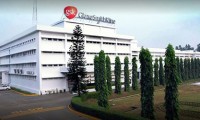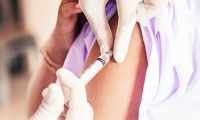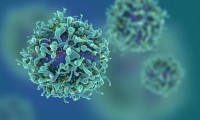-
NICE turns down GSK’s IV Benlysta for systemic lupus
- Source: drugdu
- 630
- June 4, 2021
-
EC clears GSK’s Benlysta for lupus nephritis
- Source: drugdu
- 912
- May 10, 2021
-
GSK to leverage the Cell and Gene Therapy Catapult’s facility in Stevenage
- Source: drugdu
- 552
- March 12, 2021
-
GlaxoSmithKline will Shut Bangladesh Drug Manufacturing Operations by End 2018
- Source: Reuters
- 868
- July 31, 2018
-
Enquiry for Nucala in COPD
- Source: BioPharmaDive
- 1,000
- July 26, 2018
-
FDA backs GSK’s Tafenoquine for Malaria Cure
- Source: MedPageToday
- 4,640
- July 16, 2018
-
Shingrix Orders Limited by GlaxoSmithKline
- Source: FiercePharma
- 898
- June 22, 2018
-
Adaptimmune Lends Credence to T-Cell Therapy
- Source: FierceBiotech
- 801
- June 5, 2018
your submission has already been received.
OK
Subscribe
Please enter a valid Email address!
Submit
The most relevant industry news & insight will be sent to you every two weeks.












